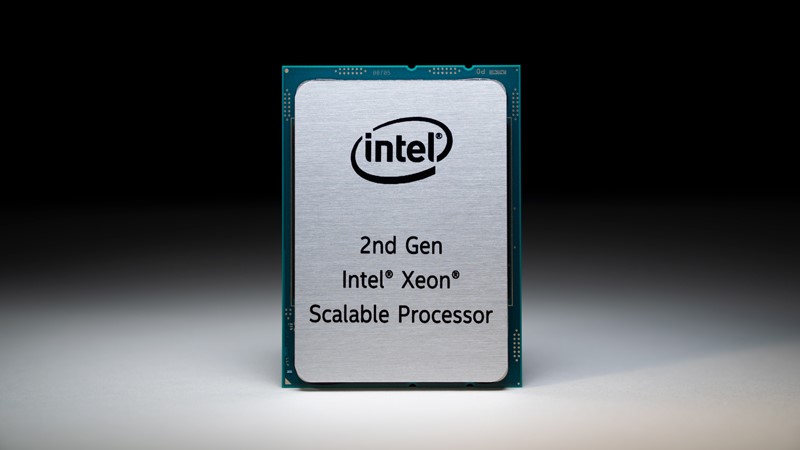Intel accuses ex-employee of stealing trade secrets linked with Xeon cloud chips
Intel and Microsoft are currently investigating the matter

A former Intel employee has been accused of stealing confidential documents from the chip giant and using them to benefit his new employer Microsoft according to a recently filed lawsuit.
After spending a decade at the chipmaker, Dr Varun Gupta left the company in January of last year to join Microsoft. However, Intel's lawsuit claims Gupta was not only familiar with its trade secrets and strategies for selling custom Xeon chips but that he also tried to leverage this knowledge at his new position.
One of the ways in which Gupta allegedly did this is by using details of confidential deals between Intel and other cloud computing companies to negotiate better contracts for Microsoft Azure according to the lawsuit, which states:
- We've put together a list of the best cloud computing services around
- These are the best cloud hosting providers on the market
- Also check out our roundup of the best cloud storage
“Gupta used his knowledge of Intel’s confidential information and trade secrets for his own benefit during his employment at Microsoft and accessed scores of Intel documents containing Intel’s confidential information and trade secrets during the very period that he was negotiating with Intel on behalf of Microsoft.”
Trade secrets
During his last days at Intel, the chipmaker alleges that Gupta moved 3,900 internal documents from a company laptop to an external USB drive from Seagate as well as to one from Western Digital. The lawsuit also claims that Intel has knowledge of the serial numbers of these two drives.
With the information contained on the drives and with Intel's trade secrets still fresh in his mind, Gupta began his new position as a principal of strategic planning at the cloud and AI department of Microsoft. According to the suit, he then used information accessed at Intel to enter into negotiations with the company about its “customized product design and pricing for significant volumes of Xeon processors”.
It was at this point that Intel's staff negotiating with Gupta began to suspect that he had stolen documents from the company. Additionally, based on evidence from Intel's own investigation into the matter, both external drives were used to store sensitive company files. When asked to hand over one of the drives to Intel, Gupta said that he could not find it and that it was never connected to a PC owned by the company.
Are you a pro? Subscribe to our newsletter
Sign up to the TechRadar Pro newsletter to get all the top news, opinion, features and guidance your business needs to succeed!
Intel then asked Microsoft for help and the software giant discovered that one of the drives had been used at its facilities and on Gupta's Microsoft issued Surface PC. The second drive could not be recovered though as Gupta claims he gave it away and did not know where it could be found.
We'll likely find out more once the lawsuit goes to trial and if found guilty, Gupta could potentially face jail time or at the least, a fine of $75,000 to be paid for Intel to cover the costs of its investigation and legal proceedings.
- We've also featured the best cloud backup
Via The Register
After working with the TechRadar Pro team for the last several years, Anthony is now the security and networking editor at Tom’s Guide where he covers everything from data breaches and ransomware gangs to the best way to cover your whole home or business with Wi-Fi. When not writing, you can find him tinkering with PCs and game consoles, managing cables and upgrading his smart home.
